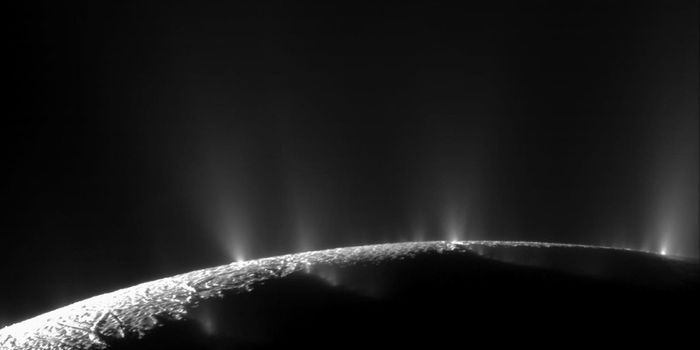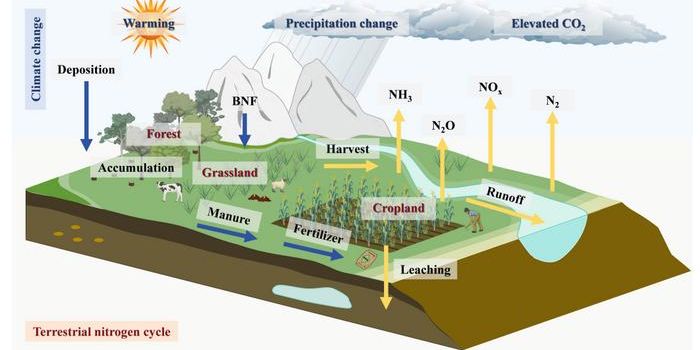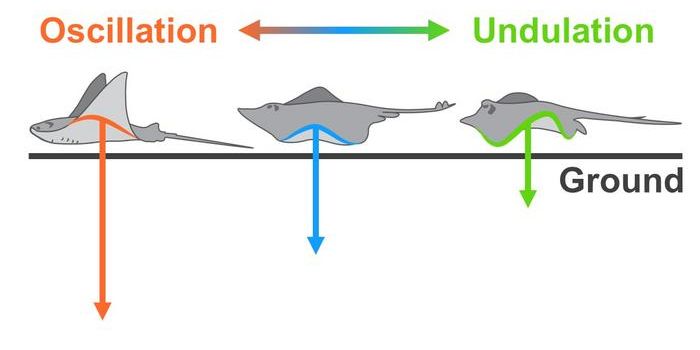Caribbean Sea Salt Can Affect the Climate
Salt distribution in the ocean has a significant influence on the regulation of the Earth's climate, according to new research reported in Science Advances. In this study, the investigators assessed climate anomalies that were naturally occurring, such as the Little Ice Age that happened from around the 15th to the mid-19th century. During this time, there was not truly an ice age, but a major climate anomaly that ffected many parts of the world but primarily the North Atlantic. There were major repercussions from this unusual event, particularly in Europe, including poor harvests, and an increase in famine and disease.
The climactic processes that underlie the Little Ice Age event are still debated. But a better understanding of how it happened could help us learn more about the impact of human-caused global warming, noted lead study author Dr. Anastasia Zhuravleva, now a post-doctoral researcher at GEOMAR Helmholtz Centre for Ocean Research Kiel and Dalhousie University.
"Researchers often consider an increase in sea ice extent and desalination in the subpolar North Atlantic as possible triggers for past cold periods, but processes in the tropical Atlantic appear to be equally important," Zhuravleva noted.
"In fact, in contrast to the northern and mid-latitudes, there is little information on these recent climate events from the subtropical-tropical Atlantic and their impact on regions in the Northern Hemisphere," added study co-author Dr. Henning Bauch, paleoclimatologist at Polar and Marine Research (AWI) and GEOMAR "This is where our research comes in."
The researchers wanted to know about how the tropical Atlantic was behaving during natural climate anomalies, and how ocean currents and climate were affected much further away. They created a sediment profile for the southern Caribbean, and estimated water salinity and temperature for the previous 1,700 years. Features such as the chemical composition of plankton were also calculated.
The work showed that as water salinity increased and circulations got weaker in the Caribbean, there were cooler temperatures in the European and subpolar North Atlantic. During the Little Ice Age, that region cooled by about one degree Celsius. This was significant for the area, noted the study authors.
A variety of factors like low solar activity, volcanic eruptions, or feedback between northern oceans and sea ice can lead to cooling. This work has indicated that decreases in the movement of salt into high northern latitudes can amplify and lengthen these events.
There was another significant cooling event around the 8th to 9th centuries, too. "Colder temperatures in the otherwise warm tropical ocean led to lower regional rainfall, which coincided with severe droughts in the Yucatan Peninsula and the decline of the Classic Maya culture," added study co-author Dr. Mahyar Mohtadi, head of the Low Latitude Climate Variability group at MARUM (Center for Marine Environmental Sciences at the University of Bremen).
On the other hand, a slow push of concentrated tropical salinity anomalies eventually raises salinity on the surface of the subpolar North Atlantic. "This is a prerequisite for the overall stability of the large-scale ocean circulation, including the transfer of warm Gulf Stream water, which is responsible for our mild temperatures in Europe," said Bauch.
Sources: Helmholtz Association of German Research Centres, Science Advances









